Letter recognition Extra Challenge English for Beginners Worksheets for Ages 7-9
7 filtered results
-
From - To
Enhance your child's early literacy skills with our "Letter Recognition Extra Challenge" worksheets, designed specifically for English beginners aged 7-9. These engaging and interactive printables aim to strengthen letter recognition through a variety of fun activities that keep learners motivated. Each worksheet challenges students to identify letters in different contexts, fostering both confidence and competence in their English language journey. Reinforce their learning with entertaining exercises like matching, tracing, and sorting letters, tailored to suit young learners’ needs. Discover a world of educational opportunities that will help your child not only recognize letters but also develop a love for reading and language!


Letter R Tracing Page


Letter X Tracing Page
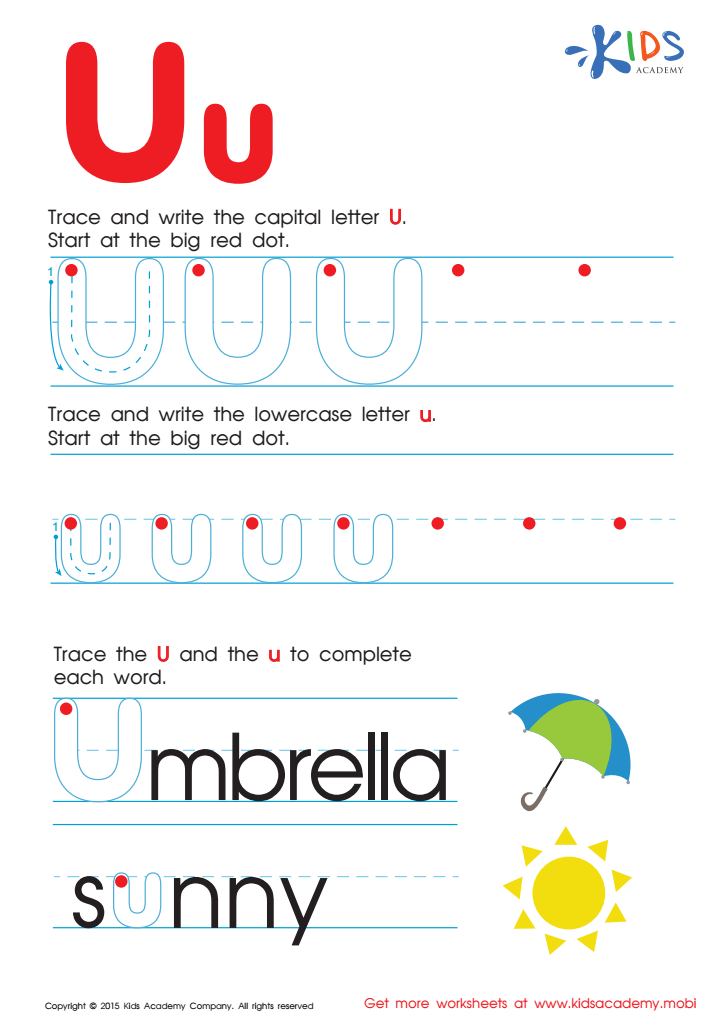

Letter U Tracing Page
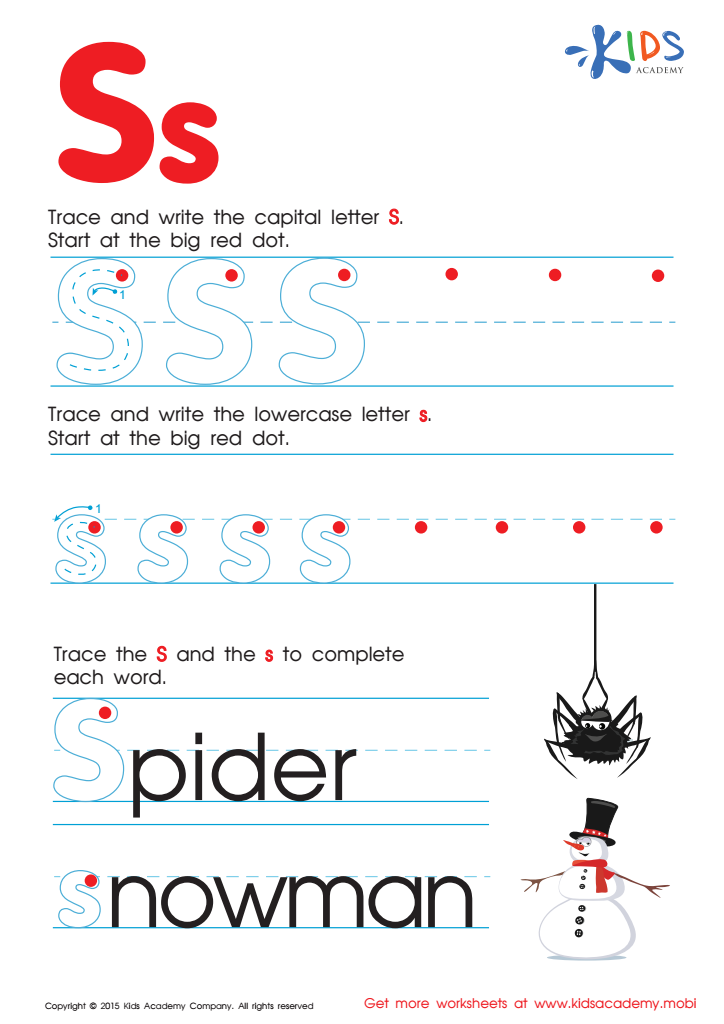

Letter S Tracing Page
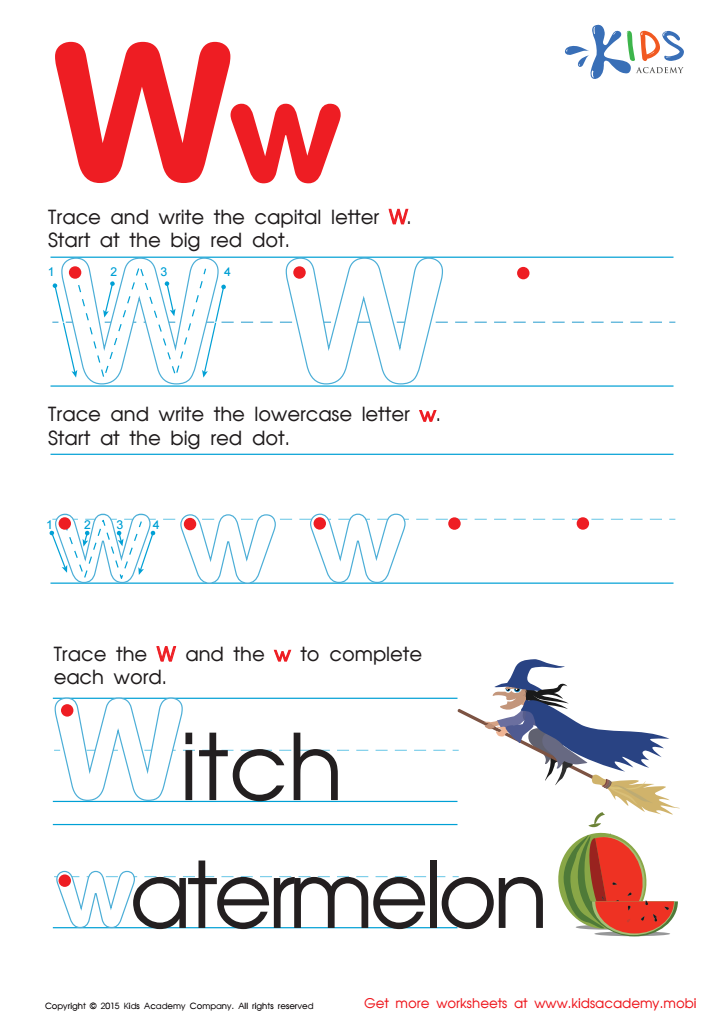

Letter W Tracing Page
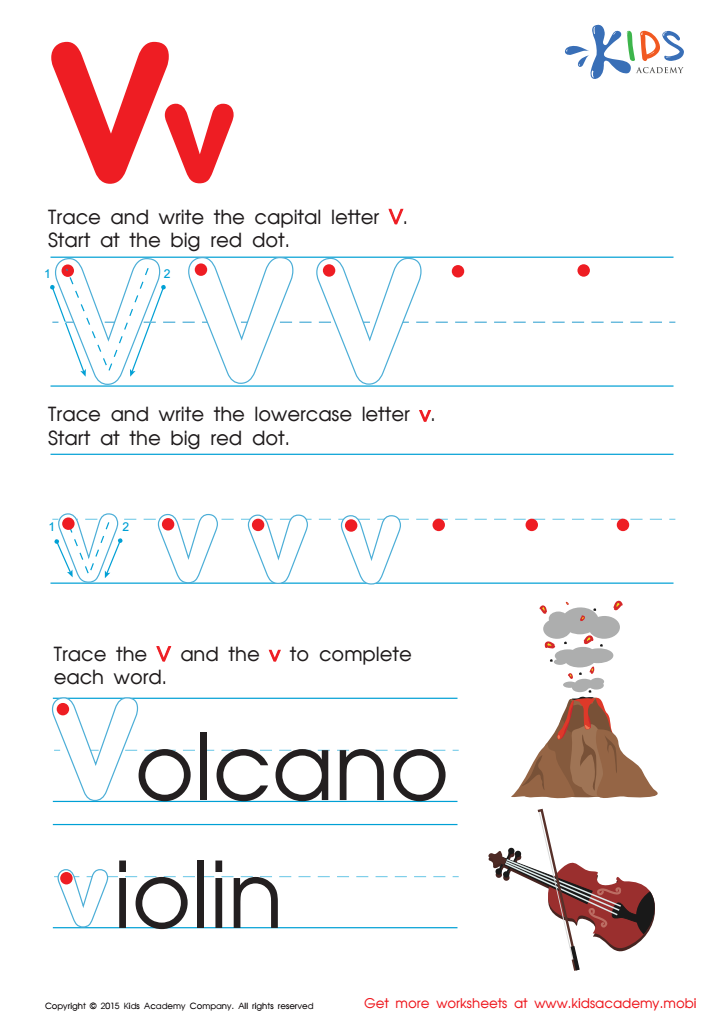

Letter V Tracing Page
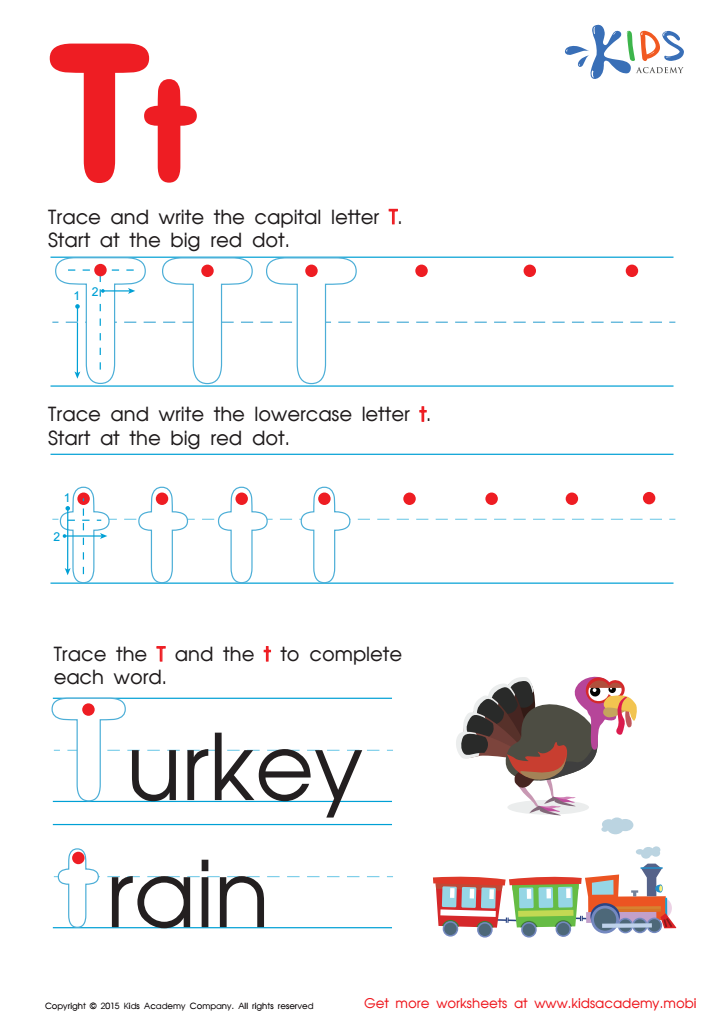

Letter T Tracing Page
Letter recognition is a foundational skill essential for literacy development, particularly for children ages 7-9 who are often refining their reading and writing abilities. Mastery of letter recognition enables students to identify both uppercase and lowercase letters, which forms the basis for decoding words and developing phonemic awareness. Understanding letters isn't just about visual recognition; it introduces children to the mechanics of reading and writing, fostering a love for languages and literature.
For parents and teachers, prioritizing letter recognition in young learners sets the stage for academic success across subjects. With strong literacy skills, children gain confidence, enhancing their ability to engage with texts and express themselves clearly. Especially in an increasingly digital world, where communication frequently revolves around written content, effective literacy skills are vital.
Engaging children in letter recognition activities can come in various forms, from games and songs to creative writing exercises, making learning fun and interactive. This holistic approach not only promotes skill acquisition but also strengthens the bond between children and their educators or guardians, establishing a supportive learning environment. By investing time in developing letter recognition, parents and teachers equip children with crucial tools for lifelong learning and communication.

 Assign to My Students
Assign to My Students












